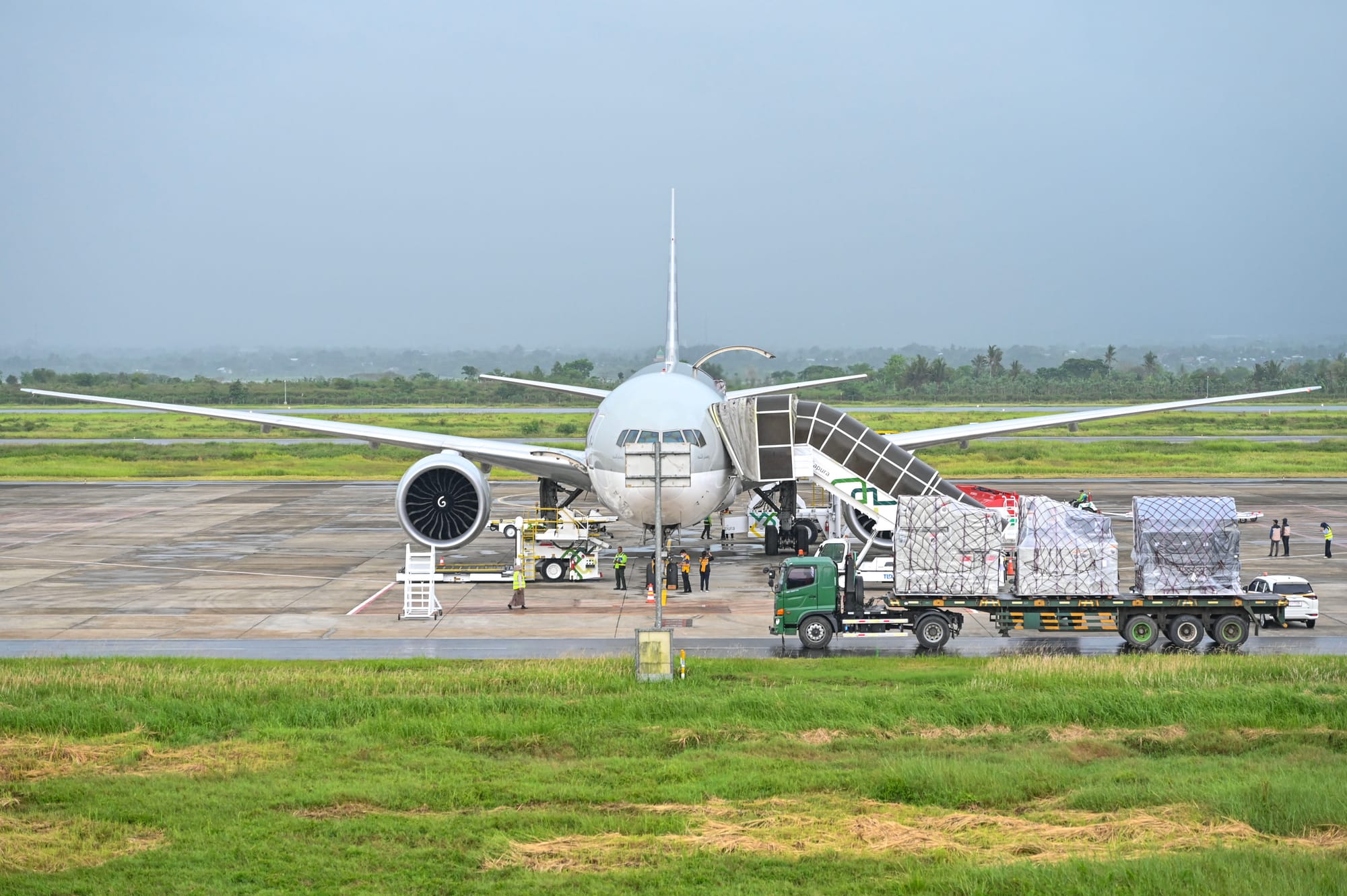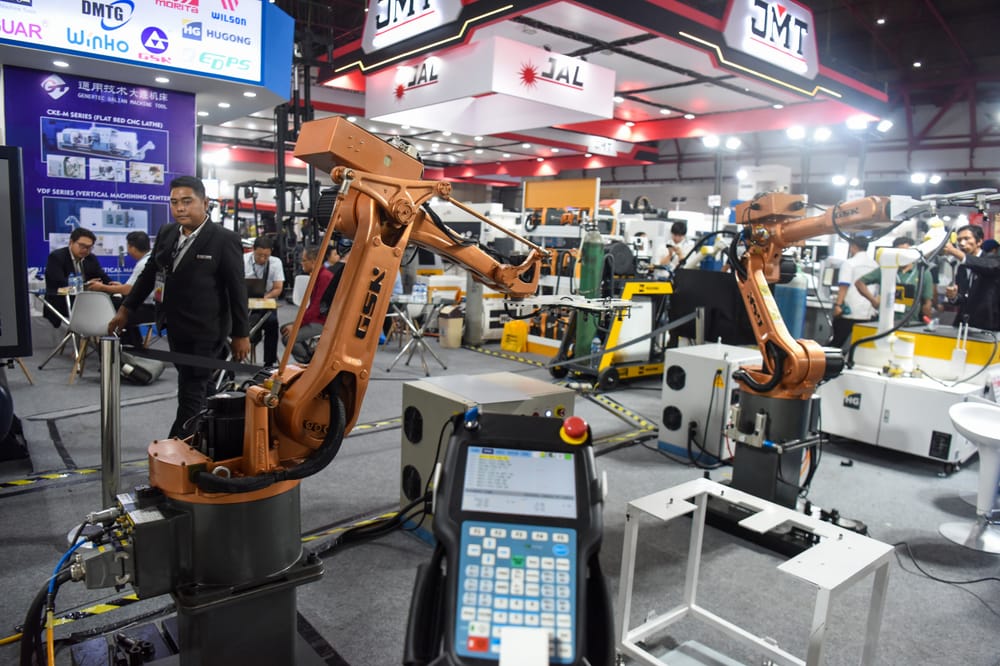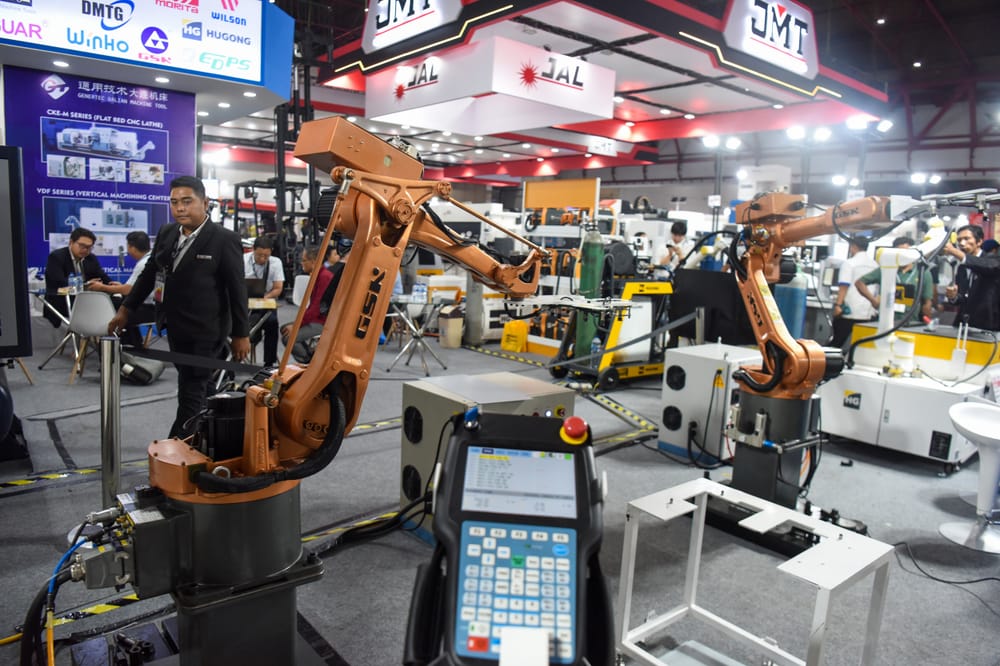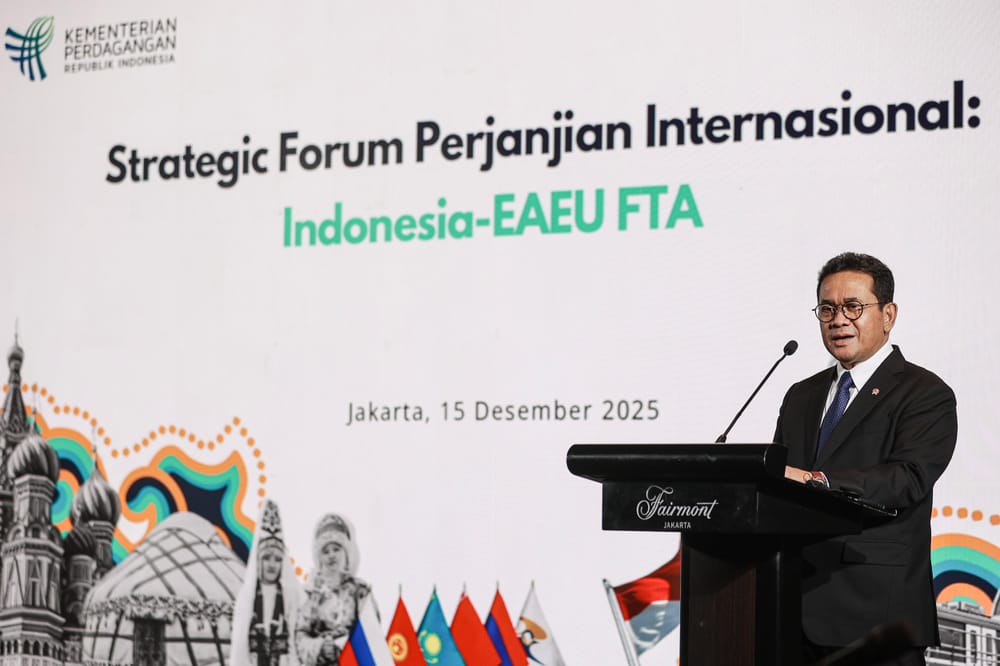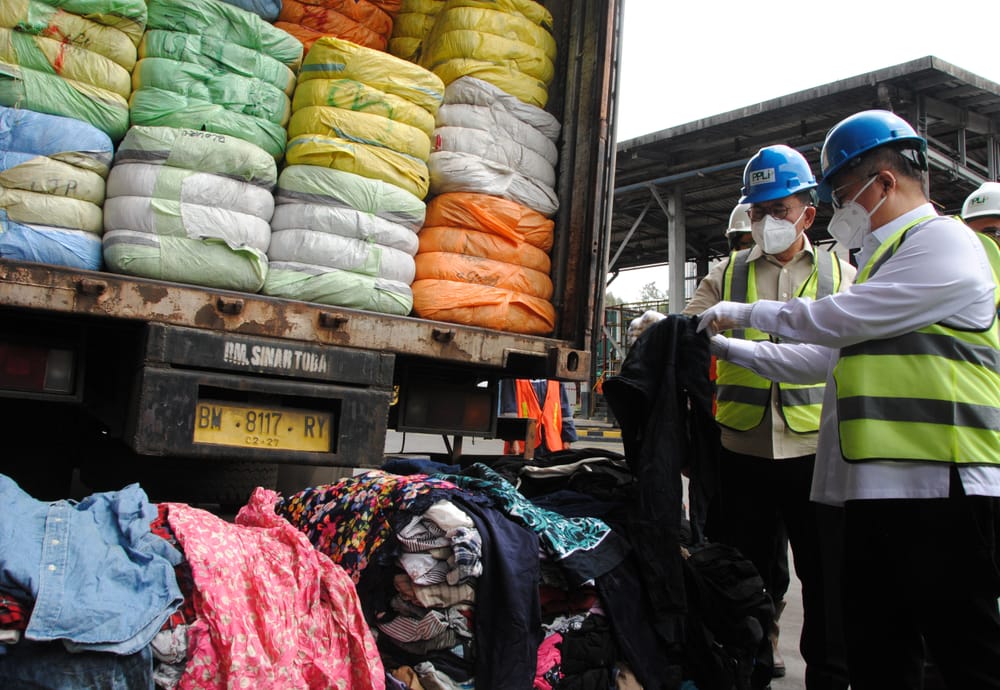A quarter of businesses in Asia Pacific plan to shift focus to Intra-Asia and European markets amid the uncertain global situation due to the United States' changing tariff policies.
A new Federal Express Corporation (FedEx) survey released Monday (21/10/2025) shows more than 40 percent of companies are now considering moving the focus of cross-border trade to closer and more stable regions, such as intra-Asia and Europe.
This is done as a business strategy in maintaining business sustainability amid global trade competition.
"About a quarter of businesses in Asia Pacific still consider the United States as their primary market, but more than 40% plan to shift focus to Intra-Asia (22%) and Europe (21%) markets in the coming 12 months," FedEx survey results said in a release to SUAR.
Senior Vice President, Marketing and Customer Experience, Asia Pacific, FedEx Salil Chari said based on participants' responses, here are some key findings that reflect the changing priorities in cross-border trade.
Cost control and duty transparency are top priorities, with 25% of respondents stating the need for clarity on duties and taxes before delivery, including Delivered Duty Paid (DDP) charges.
"Regulatory uncertainty is a major challenge, with 27% of businesses citing difficulty keeping up with rule changes as the biggest obstacle to international trade," he said.
FedEx helps businesses in Asia Pacific improve transparency of fees and duties, streamline customs processes, and unlock new growth opportunities in the region and in Europe with confidence, by combining deep regulatory expertise, digital innovation and the strength of our global network.
FedEx is expanding its service portfolio to meet cross-border needs by navigating regulations with trusted trade expertise. 24% of respondents expressed the need for direct access to regulatory and trade compliance experts.
As one of the largest entry fillers in the United States, FedEx provides 24-hour support to ensure smooth delivery in more than 220 countries and territories.
For trade into the United States, the FedEx U.S. Tariff Hub provides up-to-date guidance on tariffs, customs policies and required documents. The platform also features policy summaries, product and service information sheets, and tutorials that help businesses stay prepared and compliant.
FedEX is also improving predictability and transparency through digital innovation, as 27% of businesses in Asia Pacific expressed the need for automation tools to speed up customs processes.
"Responding to these needs, FedEx continues to invest in digital solutions that help customers deliver goods more cost-effectively, efficiently and reliably," Salil said.
The survey was conducted among respondents from a series of webinars across nine Asia Pacific markets with more than 3,800 customers ranging from small and medium-sized enterprises (SMEs) to multinational corporations.
Some of the countries included include Indonesia, Japan, Malaysia, Philippines, Singapore, South Korea, Taiwan, and Thailand.
Through this session, FedEx provided practical guidance on how to maintain operational efficiency, streamline customs processes, avoid unexpected costs, and improve shipment automation.
The goal is to help businesses navigate the complexities of international trade more confidently and efficiently.
High operational costs
The Trump tariff also poses challenges for logistics businesses. One of them is the increase in operational costs, which is quite high and difficult to control.
Senior Consultant Supply Chain Indonesia Zaroni said the increase in operational costs could reduce the competitiveness of the national logistics industry, if the competitiveness of the industry has fallen, there is the potential for layoffs.
"Many logistics businesses are starting to rack their brains to survive in the midst of this trade war situation," he told SUAR in Jakarta (21/10).
In addition to the increase in high operational costs, the impact of Trump's tariffs that has been felt by businesses is to reduce trade volume because high tariffs make products less competitive, thus affecting the movement of exports and imports.
Zaroni said there are two strategies that logistics businesses have taken to deal with the Trump tariffs, namely delaying shipments to the United States and looking for new alternatives.
The United States is indeed the largest market for exports, some goods are still sent but the delivery is carried out in stages, there are also goods that are delayed because they see the company's margins.
If the company's margin is still profitable, the shipment continues to the United States, but if the margin is not profitable, then the solution must be to find a new alternative.
"This alternative is still being considered, we don't know which route, we hope the government can negotiate again with the US," he said.
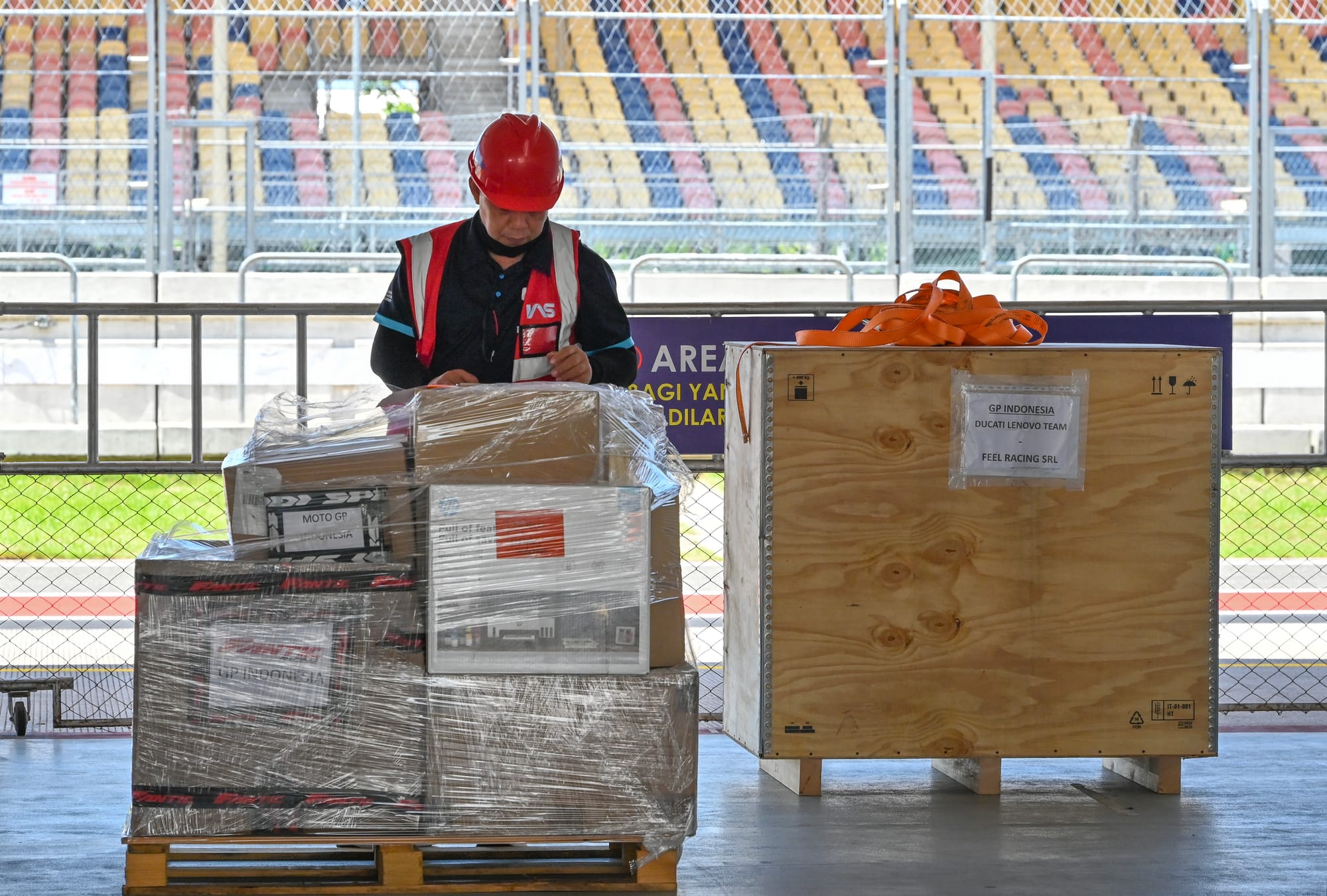
Negotiations continue
Coordinating Minister for Economic Affairs Airlangga Hartarto targets the discussion of trade tariffs with the United States (US) to be completed by December 2025. This target is backward from the previous projected completion at the end of October 2025.
" This year'sdeadline , the month, yes, December," said Airlangga when met at the Ministry of Manpower (Kemnaker) Office, Jakarta as reported by Antara, (21/10).
Furthermore, he said that currently negotiations with Uncle Sam's country are still running intensely, especially since they have entered the stage oflegal drafting.
"Negotiations (we) are talking (with the US), and we will continue to talk in detail because now the stage is legal drafting. Of course this will take time," Airlangga said.
Meanwhile, the US governmentshutdown is still ongoing and has delayed the release of economic data, making investors pay more attention to data released by the private sector lately.


